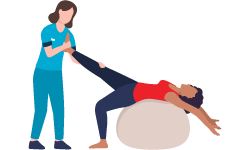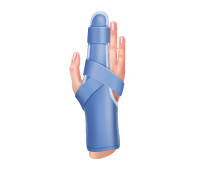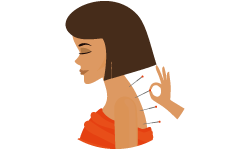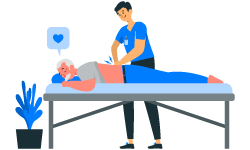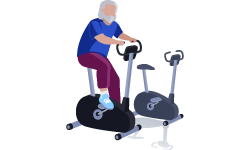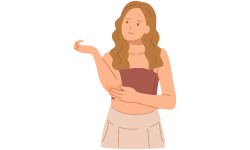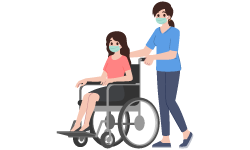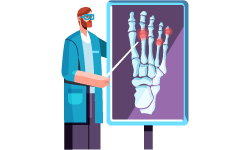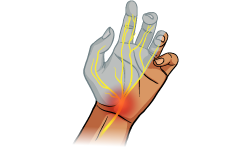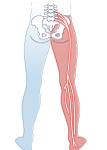Neurological condition cerebral palsy (CP) affects mobility, muscle tone, and motor abilities. It usually arises in early childhood due to brain injury or atypical growth. CP is a lifelong disorder with varying severity and symptoms. Cerebral palsy has no cure, however physiotherapy can improve quality of life. An summary of cerebral palsy and how physiotherapy can help:
Cerebral palsy types:
Cerebral palsy is classified by movement and muscle tone:
- Spastic CP: Muscle stiffness and movement control issues.
- Dyskinetic CP: Uncontrolled motions.
- Mixed CP: Combines features from multiple types.
Cerebral Palsy Causes:
- Brain injury before or at birth or in the first few years of life causes cerebral palsy. Common causes:
- Infections, maternal illness, or foetal brain abnormalities are prenatal factors.
- Perinatal factors include oxygen deprivation, early birth, and low birth weight.
- Postnatal factors include infections, TBIs, and medical problems.
Treatment:
- Cerebral Palsy Therapy: Physiotherapy is essential for cerebral palsy. CP patients benefit from skilled physiotherapy in mobility, motor skills, coordination, and quality of life.
- Assistants and Equipment: Physiotherapists may recommend and train people to use braces, walkers, and wheelchairs.
- Orthotics and Splinting: Supporting alignment, preventing deformities, and improving walking patterns with orthotics and splints.
- Medications.
- Parent and Carer Education: Physiotherapists teach parents and carers exercises, stretches, and mobility techniques.
Conclusion:
Complex cerebral palsy affects people differently. Brain palsy patients benefit from extensive and effective physiotherapy to improve mobility, motor abilities, and quality of life.


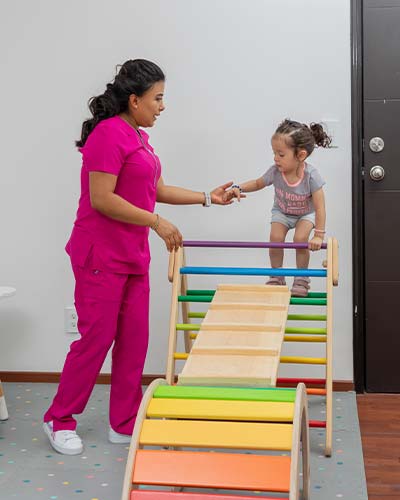









 1st Feb 2024
1st Feb 2024
 23rd Jul 2023
23rd Jul 2023
 23rd Jul 2023
23rd Jul 2023
 18th Jul 2023
18th Jul 2023
 16th Jul 2023
16th Jul 2023
 16th Jul 2023
16th Jul 2023


